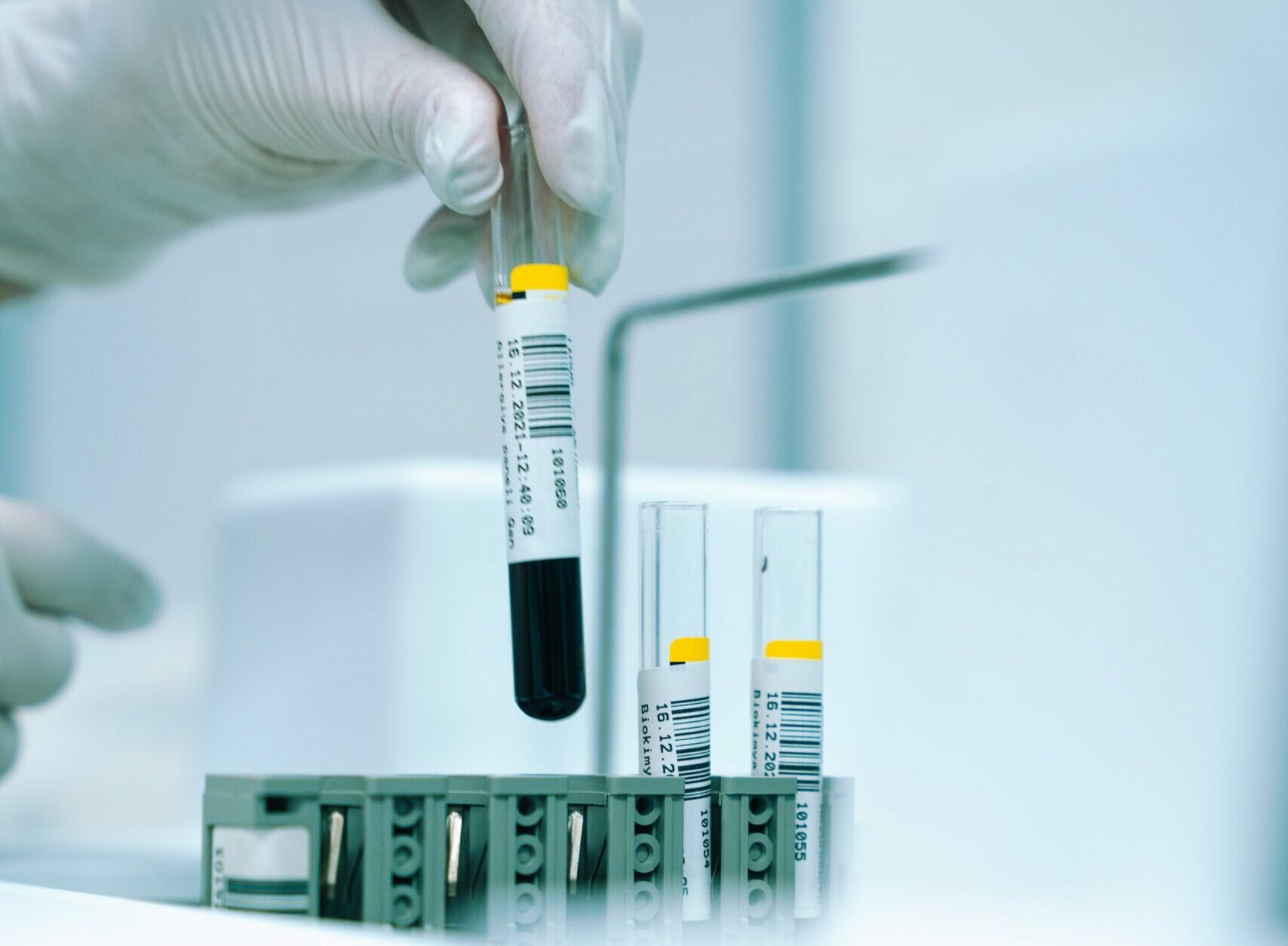A blood test could predict long Covid

University College London researchers have experimented with a test that seems to be able to predict long Covid already at the time of infection. All the details
Long Covid syndrome, one of the still poorly understood consequences of the pandemic, can be predicted from a blood test performed at the time of Sars-CoV-2 infection. This was stated in a study published in The Lancet .
For now, the results analyzed by some researchers at University College London concern a small number of participants but still seem promising.
THE TEST
A blood test performed at the time of Sars-CoV-2 infection promises to predict long Covid syndrome, identifying patients most at risk of ailments.
To accomplish this mission, the test measures the levels of a series of proteins, the plasma concentrations of which were particularly high in those infected with persistent symptoms 12 months after infection.
THE FIRST CASES OF COVID AND LONG COVID IN THE UK
The study starts from the observation of the first cases of SARS-CoV-2 infection in the UK. Most people infected at the time did not require hospitalization , had a mild or asymptomatic short-lived infection, but others had symptoms that persisted for weeks or months.
Hence the researchers hypothesized that “the plasma proteome [the complex of proteins expressed by a cell or an organism ] at the time of the first infection reflected differences in the inflammatory response linked to the severity and duration of symptoms”.
I STUDY
156 health workers were therefore involved in the study of the plasma proteome, of which 54 with Covid confirmed by molecular swab or antibody tests and 102 not infected. The median age was 39 years.
Scientists analyzed plasma samples every week for 6 weeks in spring 2020 to understand if and how Covid affected plasma protein levels. Symptom severity and antibody responses were also monitored. The 6 and 12 month questionnaires collected data on persistent symptoms.
THE ABNORMAL LEVELS OF SOME PROTEINS
Abnormal, very high concentrations were detected from plasma samples for 12 of 91 proteins considered. The degree of abnormality in protein concentrations was proportionate to the severity of symptoms and the antibody response.
Proteins with abnormal concentrations "were mostly coordinated around the pathways of lipid metabolism, atherosclerosis and cholesterol, the complement system and coagulation, autophagy and lysosomal function," they say in The Lancet .
THE RESULTS
The results showed that even a mild or asymptomatic Covid infection alters the blood plasma protein profile for at least 6 weeks.
In addition, the scientists add: "The plasma proteomic signature at the time of seroconversion has the potential to identify which individuals are most likely to suffer from persistent symptoms related to SARS-CoV-2 infection."
In fact, it was found that of the 20 main proteomic biomarkers associated with persistent symptoms, 5 continued to be "abnormally abundant" in the plasma of infected participants even after 6 weeks.
THE ROLE OF ARTIFICIAL INTELLIGENCE
The identification of the subjects most at risk of developing long Covid is made possible by an algorithm created with artificial intelligence that allowed to successfully predict whether the person would have reported persistent symptoms one year after the infection.
According to a machine learning tool, the test error rate is 6% and is capable of analyzing thousands of samples in a single afternoon.
Being able to identify people who could develop long Covid, commented one of the authors, Wendy Heywood, means opening "the way to experimenting with treatments such as antivirals administered in the early stages of infection to understand if they can reduce the risk of long Covid" .
This is a machine translation from Italian language of a post published on Start Magazine at the URL https://www.startmag.it/sanita/un-esame-del-sangue-potrebbe-prevedere-il-long-covid/ on Thu, 06 Oct 2022 05:05:44 +0000.
